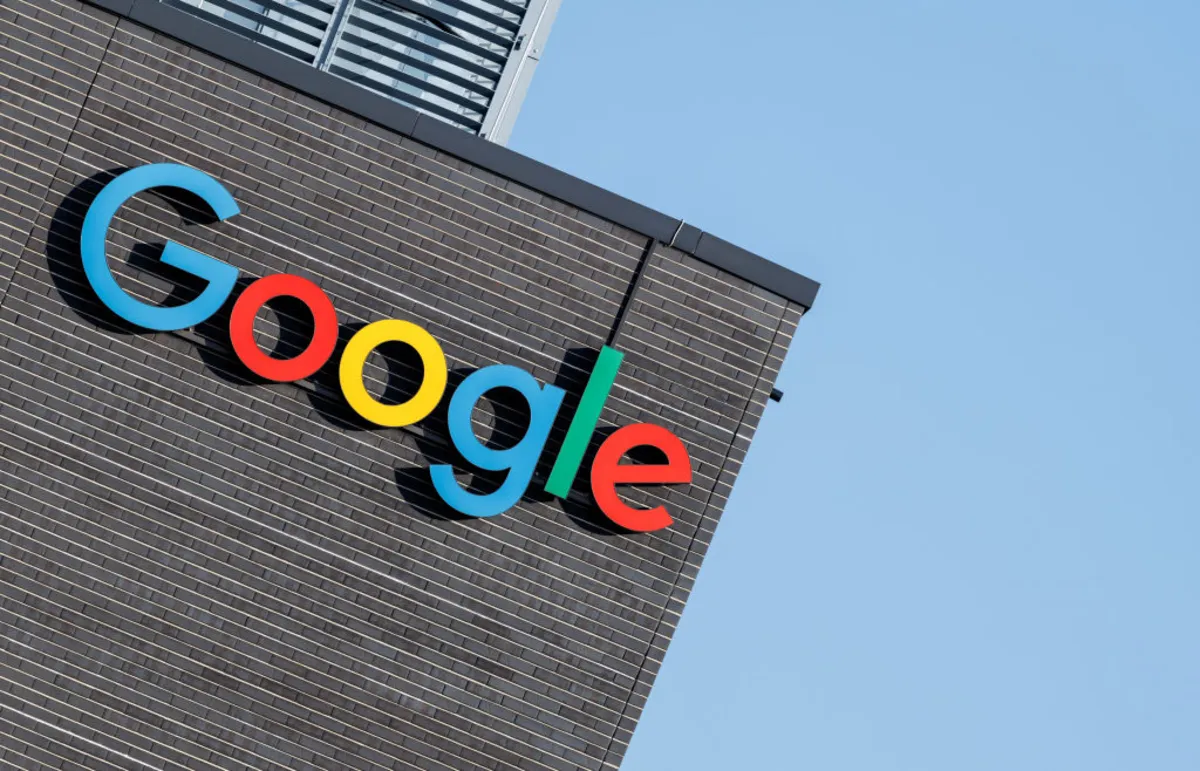
On Tuesday, Google unveiled three groundbreaking AI experiments designed to enhance the experience of learning a new language. These initiatives aim to provide a more personalized approach to language acquisition, potentially positioning Google as a competitor to established platforms like Duolingo. Utilizing the power of Gemini, Google’s advanced multimodal large language model, these experiments are in their early stages but show promise for future development.
The first experiment, dubbed Tiny Lesson, addresses one of the most common challenges language learners face: needing specific phrases in real-time situations. For example, if you find yourself in a predicament like “finding a lost passport,” this feature allows you to describe the scenario and receive tailored vocabulary and grammar suggestions. Users can access practical phrases such as “I don’t know where I lost it” or “I want to report it to the police,” making it an invaluable tool for real-world communication.
Next, we have Slang Hang, an experiment focused on helping learners sound more like locals rather than reading from a textbook. Google recognizes that language learners often start with formal speech, which may not reflect everyday conversation. This feature generates realistic dialogues between native speakers, allowing users to learn colloquial expressions and local slang. For instance, you might engage in a conversation between a street vendor and a customer or witness two friends reuniting on the subway. Users can hover over unfamiliar terms to gain insights into their meanings and contextual usage, although it’s important to cross-reference with reliable sources due to occasional inaccuracies in slang usage.
The third experiment, Word Cam, leverages the camera on your device to facilitate vocabulary acquisition from your surroundings. When you take a photo, Gemini identifies the objects in the image and labels them in the language you’re learning. This feature not only helps reinforce your existing knowledge but also introduces new words that are relevant to your immediate environment. For instance, while you may know “window,” you might not be familiar with the term “blinds.” This immersive approach illustrates the gaps in your vocabulary and encourages you to expand your language skills.
Google's latest AI language learning experiments aim to make independent learning more dynamic and tailored to individual needs. By focusing on practical phrases, colloquial speech, and real-world context, these tools could revolutionize how we learn languages. As these experiments evolve, they hold the potential to bridge the gap between traditional language learning methods and the modern demands of effective communication.